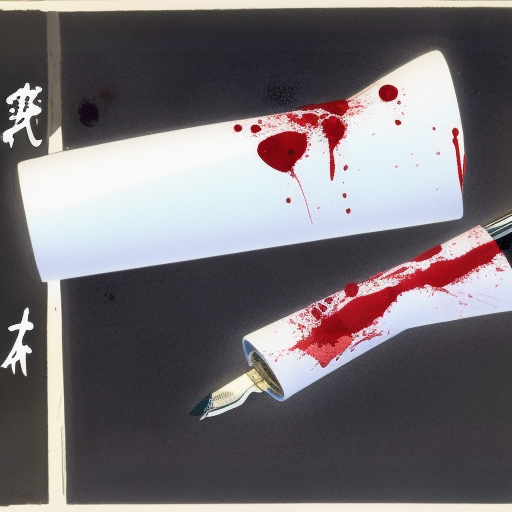How to respond to an annoying edit

Actually, that headline is redundant. All edits are annoying.
If you care about your writing, that means you probably thought it was pretty good. So who is this other person to come in and change it? Who do they think they are?
Well, they’re the person whose job it is to make your writing the best it can be. But moving on . . .
Reacting emotionally to edits is counterproductive. It makes you mad, it doesn’t make the writing any better, and and it makes you seem immature.
I’m not telling you not to have the emotions. That would be impossible, if you care about your writing. I’m telling you not to share them.
Eight steps to respond to edits
Here’s what you should do if you receive edits.
- Read what they said. You can’t start the process until you read what they said. Waiting won’t help.
- Feel whatever you’re going to feel. Better to get it out of the way. Write down some of your impressions of the edit someplace where you can refer to it later.
- If possible, wait until the next day, so you can cool down.
- Then ask yourself, what did they like? What was good? Did they respond positively to the idea? Did they praise any part of the manuscript? Did they notice things you thought were good? Or did they at least not criticize some parts that you hoped were good?
- What problems did they find? I’m not talking about how they tried to solve those problems. Just ask, what were the problems? For example, too wordy, ideas presented out of order, repeated words, sentence fragments, lack of footnotes, and so on.
- Ask yourself how you could best solve those problems. That might be taking the editor’s suggestions, and it might be taking a completely different approach. If the problem is real and you’re a good writer and an expert on the topic, you might have a better idea how to solve it than the editor does.
- If there are particularly problematic sections, can you delete them completely? Rewrite them completely? Sometimes those are better ways to fix things than to tinker around the edges.
- Now revise the text based on steps 4 to 7. Remember, it’s your text. You make the ultimate decisions about what it says. You’re in charge.
When this is done, you are likely to have a stronger piece of prose than when you started. And, whether you want to admit it or not (and whether you took the editor’s suggestions or not), the editor helped with that.
Even if they were annoying.
Unless your editor is a semiliterate gatekeeper whose changes demonstrably make your writing worse.
https://www.linkedin.com/pulse/when-your-editor-cant-edit-what-should-you-do-paul-stregevsky/
Excellent post. A little mantra I picked up early in my career: “All edits are suggestions.” The author’s job is to decide which of those suggestions are worthy and what to do next (sometimes with the editor as a partner, sometimes not).
I agree, and this can help get over the annoyment. But unless you have a really bad editor, it’s probably best to change most of the things they’ve flagged, either as they suggest or in another way. I found with experience that annoyance went way down. My experience is in report and proposal writing, as opposed to commercial writing or books, but found the editor I had for many years on proposal to be excellent, adding a great deal of value. Same with the most recent editor on a draft report.
It helped early on when an editor said something was unclear, and I thought it was, to remind myself that I wasn’t the intended audience, and they were probably closer to the intended audience. There are occasional times when the editor may not be technical enough and after thinking about it, I know the writing is clear to the intended technical audience, but those are rare exception.